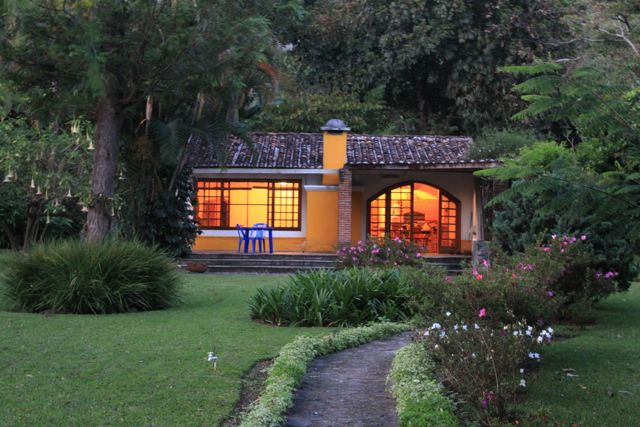Why do you go away?
Why do you go away? So that you can come back. So that you can see the place you came from with new eyes and extra colors. And the people there see you differently, too. Coming back to where you started is not the same as never leaving.
— Terry Pratchett, A Hat Full of Sky
Why do we go away? An interesting question to ponder.
- To explore
- To escape
- To learn
- To clear our heads
- To fill our heads
- To experience
- To think
- To heal
- To search for something
- To find ourselves
- To rest
- To serve
- To create something
- …
And what Terry says is very true as well: we travel so that we can come back.
Homecoming is an integral part of journeying. Almost everyone does it at some point. It’s a surprise when we first discover that home did not wait quietly for us, preserved like an exhibit in the museum of our minds. It is sometimes a shock to find that, although we have returned, we are not, in fact, home in the same sense as when we left it. When we take off to travel, we are, in many senses, the place we leave. Indiana is taken to Borneo, Borneo is seen through Indiana’s eyes. When we return, we bring Borneo with us, and he points out things in Indiana we never noticed before he shared his lenses with us. To me, that is the single most important function of travel: the ability to see home through new eyes, to evaluate the common from an angle we’d never considered. Instead of looking at the world through our cultural telescope, we begin to see the world like a marble at the end of a kaleidoscope. Same place. Entirely different view.
What about you? Why do you travel? What have you noticed upon coming home?


January 29th, 2014 at 12:04 pm
Perhaps I haven’t been away long enough — seldom more than a few months — but I notice that while I have changed, those I returned to usually hadn’t. To be expected, I suppose, as my experiences would have been new, intensive and disjointed from my past, while they had been passing their time in a long-familiar world where change would have been incremental and perhaps to them even unnoticed.
In the classical model of the Hero’s Story — which was almost invariably a travel story — the Hero leaves home, has adventures and returns to tell his tale. All of those elements were necessary to its satisfactory completeness as literature: his telling of his story when he returns is as necessary as the departure or what happened to him when he was away. If the Hero doesn’t reach his home where he can tell his friends of his adventures, the arc of the Hero’s Story, its unity, is not complete. We travelers tend to be self-romanticizers and ought always to want our stories to be good literature so that they may amuse our friends, whom after all we value not because they amuse us, but because we are able to amuse them.
February 3rd, 2014 at 10:55 am
DEK… I love this… the Hero Story… indeed. I have never thought about it that way. Thanks for giving me something new to chew on!